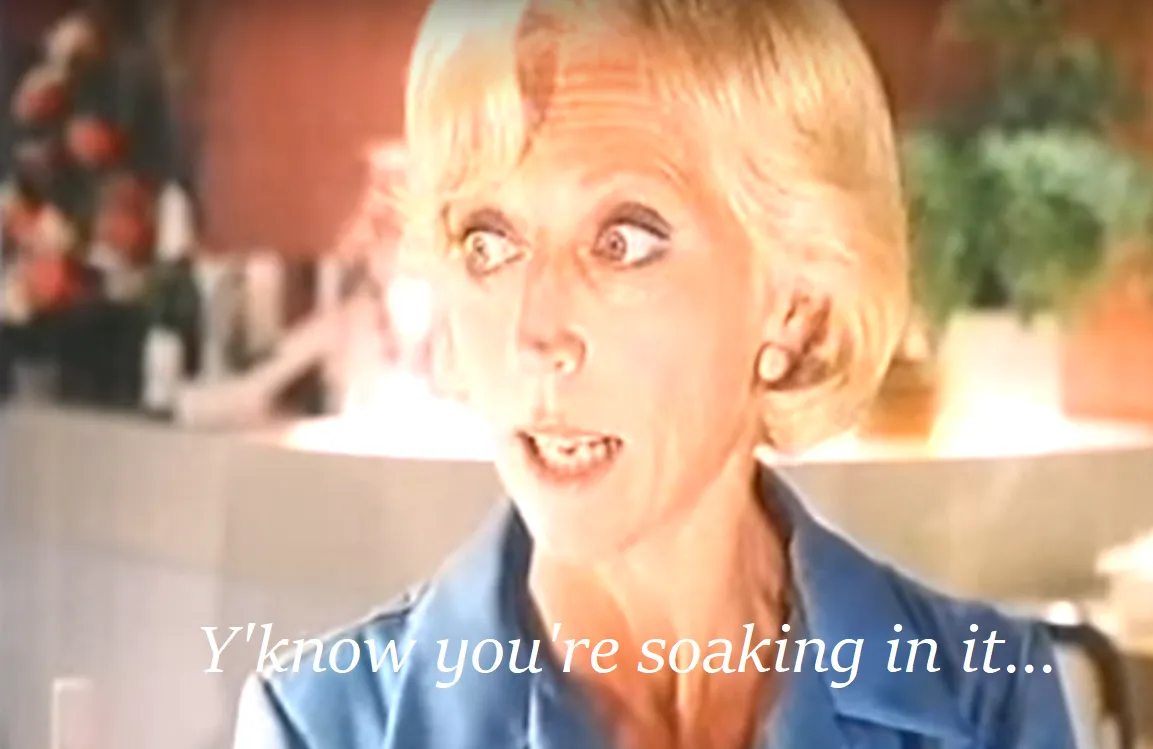Table of Contents
“Y’know you’re soaking in it; global warming that is”
“But Madge, it’s water. Global warming is carbon, or something.”
“Carbon dioxide? No; it’s not. It’s dihydrogen monoxide. That’s just a fancy way of saying water. Water is responsible for the greenhouse effect on our little planet, anywhere from seventy to ninety five percent of all our wonderful warming is due to water, otherwise the planet would be unliveable, and we’d freeze to death. Water vapour actually; it’s a gas and makes up to four percent of our atmosphere; all the other warming gases, carbon dioxide, methane, and fluorocarbons, all of them combined only make up one-tenth of one percent.”
“Well, then why is everybody belting on about carbon?”
“Beats me, I guess it would be completely stupid if ninety-seven percent of scientists droned on about reducing water emissions. They’d sound a right bunch of drongoes. Almost all water vapour is naturally produced by evaporation. Humans only contribute an extremely tiny amount: just a wee bit from irrigation, y’know like watering the lawn, and another bit from all our industrial activity and burning fossil fuels and what-not, but that bit’s even tinier than the irrigation bit. In total we make an awfully small impact on the amount of water vapour around us, less than one-hundredth of it.”
“But water evaporation makes clouds eventually, that’s what we learned at school, and somebody said they’re not much fun, they block the sun, they rain and snow on everyone.”
“They do block the sun, they have high albedo”…
“Like my Murray?”
“Not exactly; albedo is the ability to reflect solar radiation back to space, reducing the energy available to warm us here on Earth.”
“I get it – if the world warms up more evaporation happens, more clouds are formed and they cool us down again, like setting a thermostat. Madge, that’s so simple I don’t believe your water story. If it’s true then why aren’t scientists saying so?”
“They are, even the IPCC says ‘Water vapour is the most abundant and important greenhouse gas in the atmosphere. However, human activities have only a small direct influence on the amount of atmospheric water vapour.’ That’s straight from a chapter called The Physical Science Basis.”
“But what do they say about clouds?”
“They fudge it; they say they don’t know”
“You’re joking. Madge, you’re pulling my leg, stop it!”
“Nope. True story. Of course they don’t come right out and say y’know ‘we haven’t got a bloody clue’, they say it in their jargon – here, look at this:
“The modelling of cloud processes and feedbacks provides a striking example of the irregular pace of progress in climate science. Representation of clouds may constitute the area in which atmospheric models have been modified most continuously to take into account increasingly complex physical processes.”
“Well, blow me down with a feather, that does sound like a fancy way of them pretending they haven’t got a bloody clue.
“Cough, ‘irregular pace’…too ‘complex’, it’s not complex, it’s so simple even I can understand it; more water, more clouds, more cooling, and if the models are so correct then why the hell do they have to keep continuously modifying them? They told us the science was settled! Cripes, my kids went on school-strike for that load of rubbish? I’m grumpy now.”
“Don’t get grumpy, get even. Just ask the kids to tell you, since they’re so clued-up, what the most powerful and abundant greenhouse gas is, and tell them every time they get the answer wrong you’re confiscating their phones for an hour, that’ll smarten them up real quick, and calm them down a bit.”
“Madge, you’re a genius.”
“I know.”









